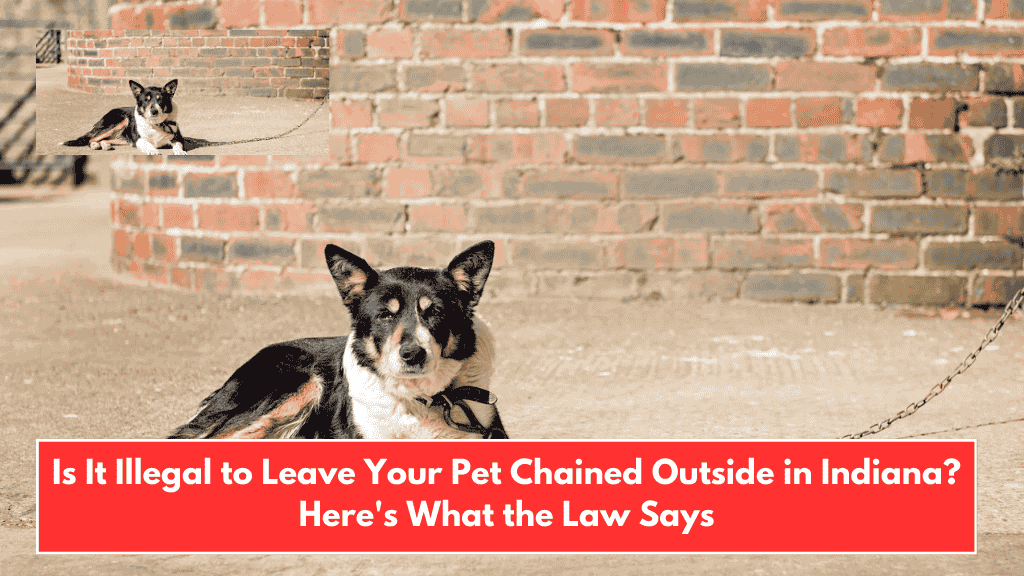In the state of Indiana, there is no single statewide leash law for dogs. Instead, each city or county creates its own rules. This means that leash laws in one town may be different from those in another. So, if you’re a pet owner or visiting with your dog, it’s important to know the local rules to stay out of trouble.
Who Decides the Leash Laws in Indiana?
Indiana leaves it up to local governments—like cities, counties, and towns—to decide their leash and restraint rules. Most areas require that dogs (and often cats) be under control at all times, both on private property and in public places.
Let’s look at a few examples of local dog leash rules in some Indiana cities:
Hammond Leash Law (Ordinance 9151-A)
In Hammond, all dogs and cats must be kept under restraint.
- If off the owner’s property, animals must be on a leash not longer than six feet or stay within three feet of the owner and be under complete control.
- On private property, pets must be in a fenced area or on a six-foot leash that keeps them from crossing the property line.
Indianapolis Leash Law (Code 531-102a)
In Indianapolis:
- A pet is considered “at large” if it is not in a secure place like a yard, house, car, or pen.
- If outside these areas, the animal must be on a leash and under the control of a responsible person.
Fort Wayne Leash Law (Code 91.020)
In Fort Wayne:
- All animals must be properly restrained.
- This means being on a leash or lead and under physical control, or confined within the owner’s property.
Evansville Leash Law (Code 6.05.060f)
In Evansville:
- Dogs must be on a leash when off the owner’s property.
- The leash must be attached to both the dog’s collar and the person walking the dog.
- This rule doesn’t apply if the animal is already physically secured at a facility.
Muncie Leash Law (Code 90.06)
In Muncie:
- Dogs and cats cannot run freely on public streets or someone else’s private property.
- An animal is “at large” if it’s off the owner’s property and not under control by leash, chain, or similar.
Why It Matters
In Indiana, if your dog is not properly restrained and causes harm—like biting someone—you may face legal consequences. Courts often refer to local leash laws when deciding who is responsible. One example is the case of Plesha v. Edmonds, where a local leash rule helped decide the outcome.
Although Indiana doesn’t have a statewide leash law, most cities and towns require that dogs be kept on a leash or under full control when off the owner’s property. Whether you’re a resident or just visiting with your pet, always check the local laws to avoid fines, lawsuits, or worse. Properly restraining your pet keeps everyone safe—including your dog.














